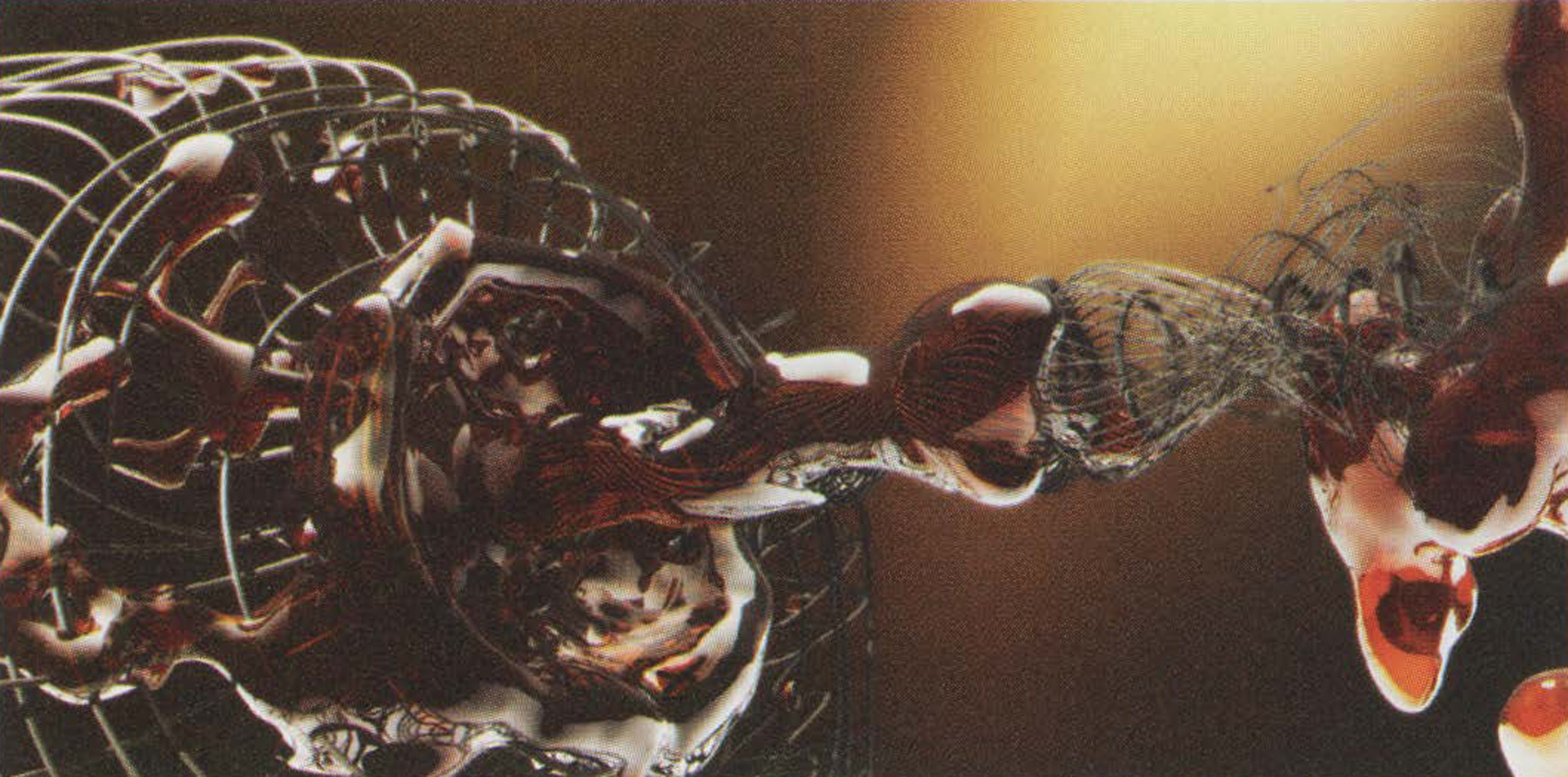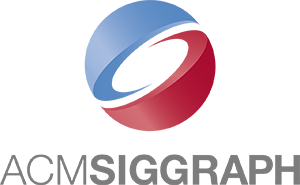Tim Borgmann: shape.69c
Artist(s):
Title:
- shape.69c
Exhibition:
Medium:
- 3D modeled image, inkjet print
Size:
- 20" x 39"
Category:
Artist Statement:
The abstract.0104 series started with an idea to apply an abstract painting workflow into the world of 3D. One concept behind this work was to leave the usual method of creating shapes behind and change it to a more intuitive way. Instead of planning the shapes before starting the image, I derived my inspiration from what I saw during the creation of the work.
Often 3D programs are used as a construction tool to visualize an existing idea. In this series, I tried to use it as freely as a paintbrush, creating the shapes as an evolution of the work process. I see image creation as a dialog between the nascent image and myself. Sometimes the image influences my work by itself, leading me toward its own direction. Sometimes it’s just me, pushing the image into the form I want.
I try to merge traditional and modern workflows. On the one side, I work as freely as possible by creating the objects and starting the image like a meditative free-abstract painting. One step in the modeling leads to the next. On the other side, I use the possibilities of the digital 3D media to change the appearance of the object through light, shaders, and colors to catch the actual mood I see in the basic shapes. Thanks to 3D, I can easily change the camera view, walk through the image and search for an interesting place and view angle to arrange the final image. So the whole work can be seen as a process that becomes more and more concrete during the development of the final image. Abstract art gives me the freedom to experiment and discover new workflows, to search for new borders and new image worlds. The final images are like a snapshot of the dialog between the image and myself.
Technical Information:
The abstract.0104 series is completely done in 3D (mainly Realsoft 3D) with some post-processing in Photoshop.
During the work on the series, I developed different materials and shaders (for example, for the “wire” look) for maximum flexibility. All materials are more or less completely procedural and mostly independent in output resolutions, which allows close-up shots without having to worry about texture sizes.
The strings themself are pure NURBS curves (no sweep of loft surfaces) where the diameter is controlled by a custom shader at render time. All fluid-like shapes are modeled with metaballs with different techniques, from free-hand modeling through different distributive functions. At a later stage of modeling, they were converted to SOS objects, which enabled more control to do fine tuning and add details.
The final rendering was done in several passes with resolutions from 4K to 10K to gain optimum control in post processing.





